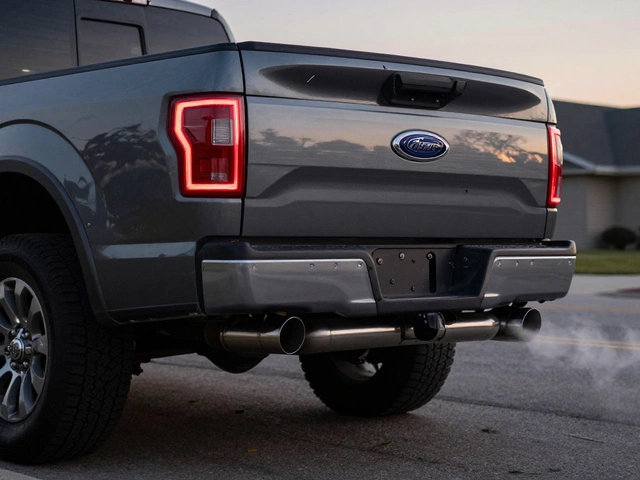
Misfire: What Causes It and How to Fix It
When your engine misfire, a cylinder fails to ignite fuel properly, causing rough running, loss of power, and sometimes a check engine light. Also known as engine misfire, it’s not just a nuisance—it’s a warning that something in your ignition, fuel, or air system is failing. Think of it like a heartbeat skipping a beat. Your car doesn’t just run less smoothly—it starts wasting fuel, emitting more pollution, and could even damage the catalytic converter if ignored.
The most common causes? spark plugs, the tiny electrodes that ignite fuel in each cylinder. Worn, cracked, or dirty spark plugs are the #1 culprit. Then there’s the ignition system, including coils and wires that deliver the spark. A bad coil can kill one cylinder while the rest run fine. And don’t forget the fuel system, where clogged injectors or a weak pump can starve a cylinder of fuel. Even a vacuum leak or a dirty air filter can throw off the air-fuel mix and trigger a misfire.
You’ll know it’s happening if your engine shudders at idle, loses power when accelerating, or the check engine light flashes. Some cars even shake so badly you feel it in the steering wheel. Ignoring it won’t make it go away—it’ll just make repairs cost more. Replacing spark plugs is cheap. Letting a misfire burn out a catalytic converter? That’s a $1,000+ problem.
The posts below cover exactly what you need to spot and fix misfire issues before they spiral. You’ll find real-world guides on diagnosing bad spark plugs, testing ignition coils, checking fuel pressure, and understanding how worn clutches or faulty sensors can indirectly cause misfires. No guesswork. No jargon. Just clear, practical fixes based on what actually goes wrong in Indian cars.
-
12 May






